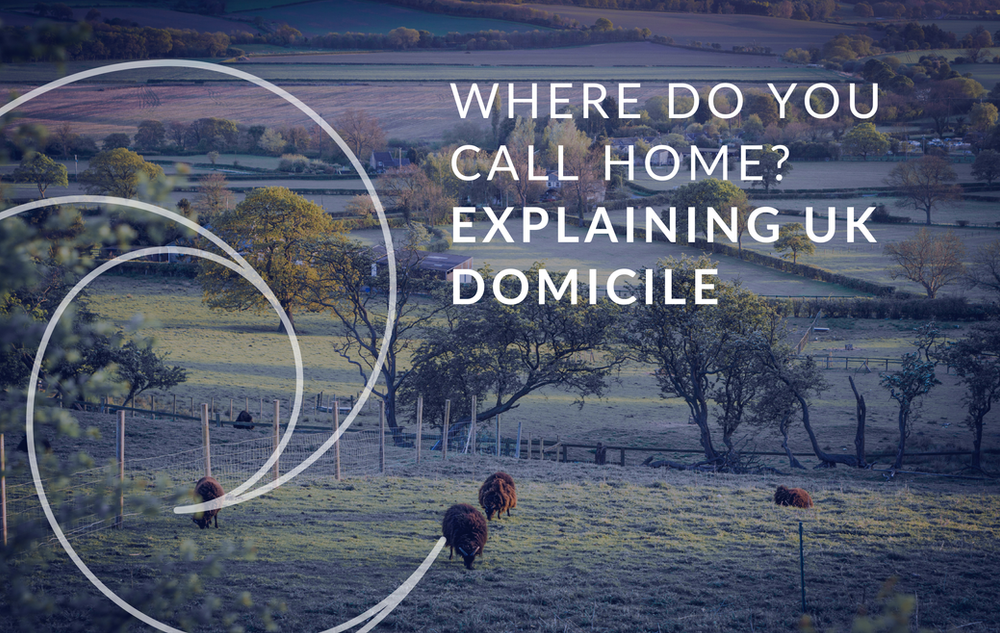What it means to be domiciled for UK tax purposes
1 June 2021

The concept of domicile essentially means which country an individual ultimately considers to be their home and to which they will at some point return.
There are two main ways that an individual can establish a domicile.
The first is at their birth though the domicile of their parents although it is typically the domicile of the father which is considered here. This is known as the domicile of origin.
The other main way is through making a new country their home as an adult, known as a domicile of choice.
The domicile of origin is the stronger of the two domicile concepts and it is necessary to prove that a domicile of choice has been created to replace the domicile of origin. HMRC for example would need to prove that an individual who has his domicile of origin outside the UK has established a domicile of choice in the UK. An individual who had a UK domicile of origin would likewise need to prove that they have established a domicile of choice outside the UK. This is done by demonstrating the extent of ties to the country in which it is said a domicile of choice has been established and that ties to the country of origin have been broken.
So having established that you are a non UK domiciled individual, what are the benefits available to you?
The first benefit is being entitled to access the remittance basis of taxation. This means that non UK income and gains are only subject to tax if they are brought to or used in the UK by you or what is termed a relevant person which includes your spouse, co habiting partner and minor children. Whether to make a claim to the remittance basis is a decision which can be made each year when the tax return for that year is prepared.
The cost of claiming the remittance basis depends on the length of time you have been resident. For the first seven years the cost of the remittance basis is the loss of your tax free allowances for income and capital gains tax. After you have been resident for seven of the last nine years (including part years of residence) the cost increases to £30,000 per annum and after you have been resident for 12 out of the years the cost goes to £60,000 per annum.
Another benefit to being non UK domiciled is that for inheritance tax (IHT) you are only subject to IHT on UK based assets such as real estate, cash balances in UK accounts and UK registered shares. Gifts of non UK assets are also not subject to the seven year rule and are immediately outside your estate for IHT.
Once you have been resident in the UK for 15 of the last 20 years you become deemed domicile and the remittance basis and protection of your non UK assets for IHT are no longer available.
Planning is key to making the most of any opportunities presented by being non UK domiciled, especially ahead of increases in the cost of claiming the remittance basis and becoming deemed UK domiciled.
News
For updates featuring tax changes, reminders for deadlines, pointers on how to maximise your accounts, and information on Everfair Tax and their activities: you need look no further than our news & resources pages.
View MoreContact Us
Need some UK, US or International advice?
Contact us now.
Weybridge Office
Ground Floor, 37a Church Street
Weybridge, Surrey KT13 8DG
Tel: 01932 320 800
London Office
40 Gracechurch Street,
London, EC3V 0BT
Tel: 020 3949 5999
Email: info@everfairtax.co.uk

